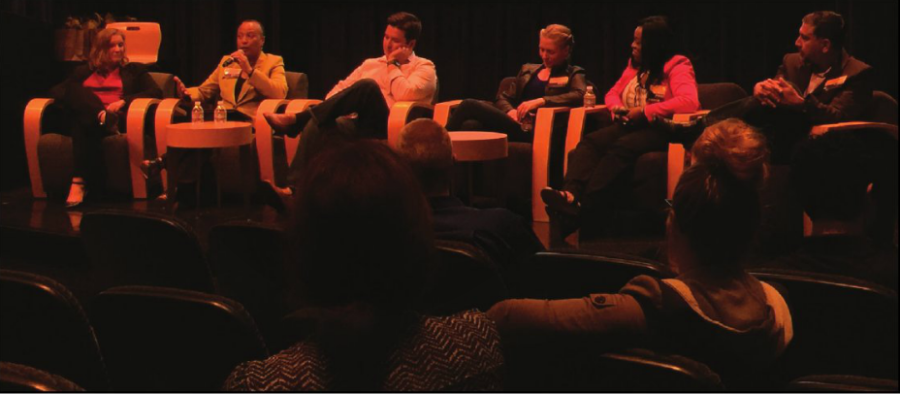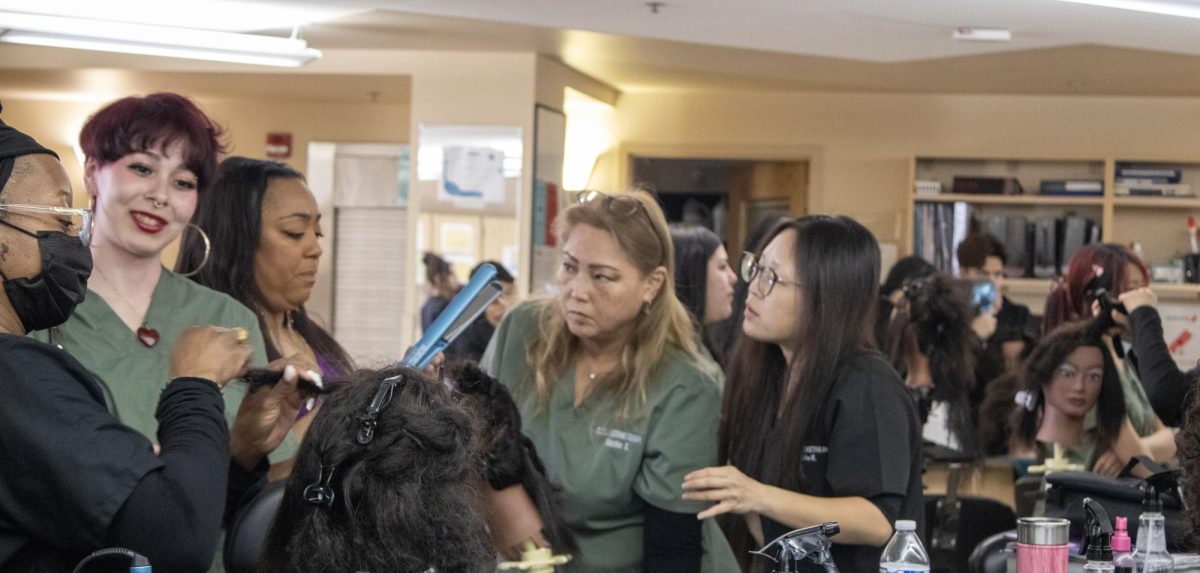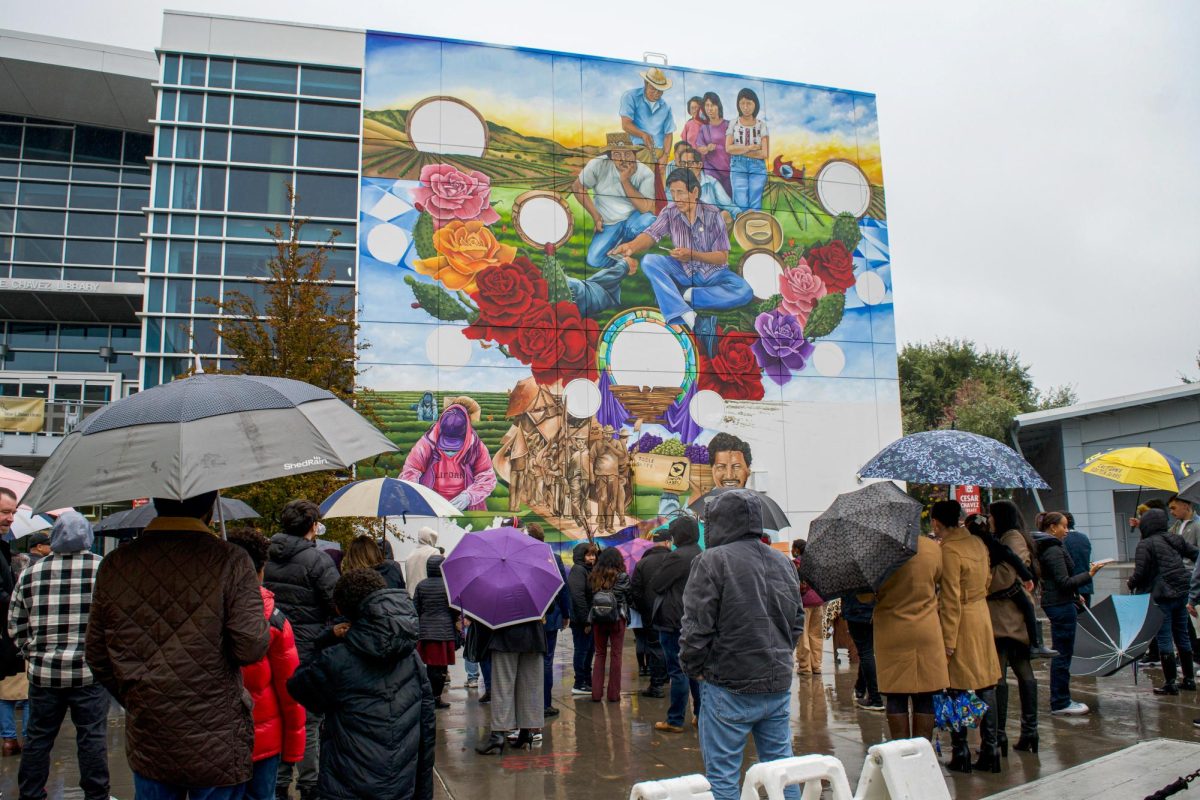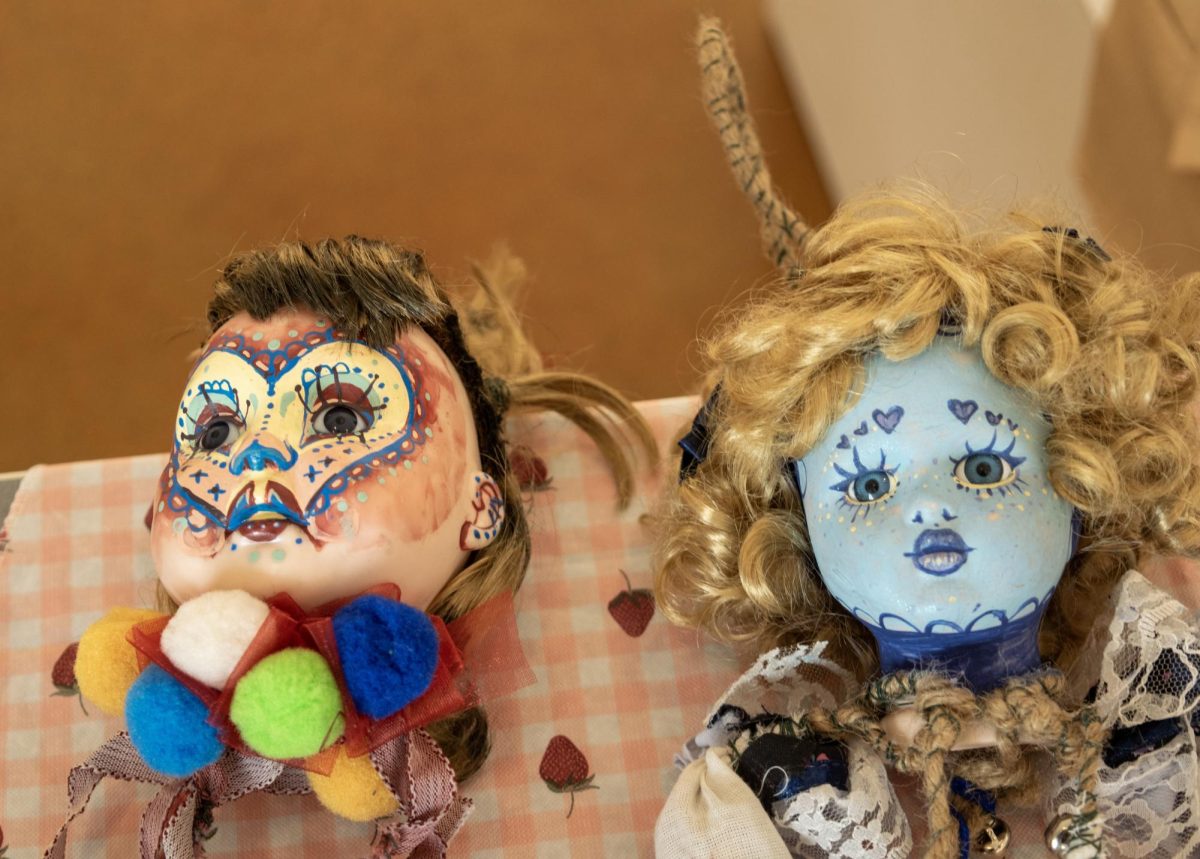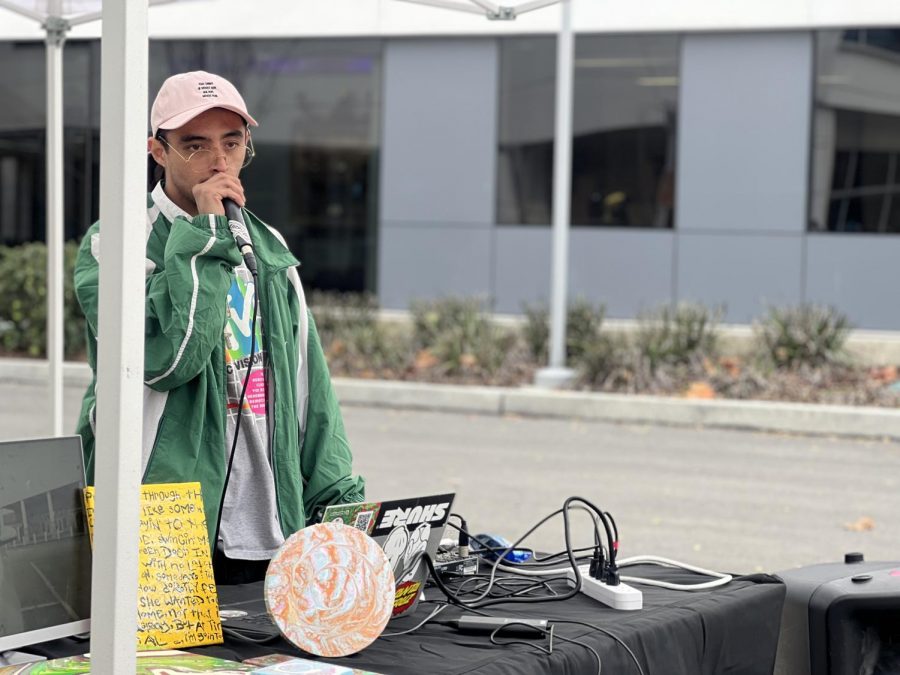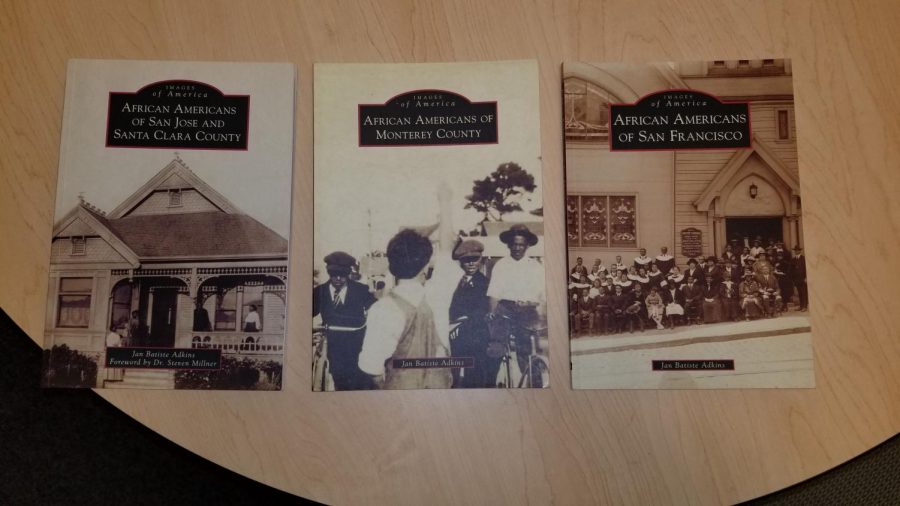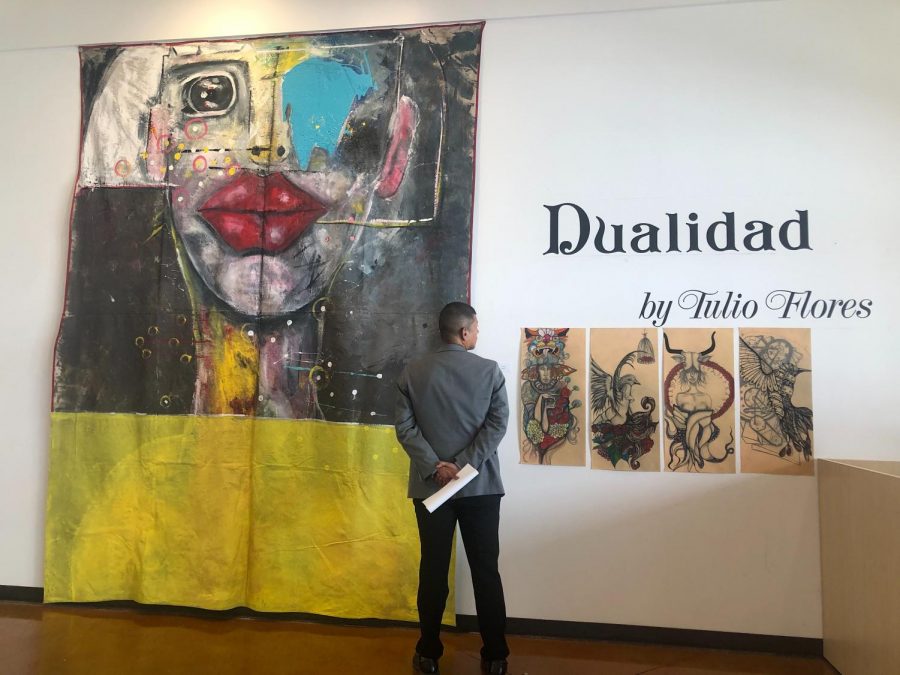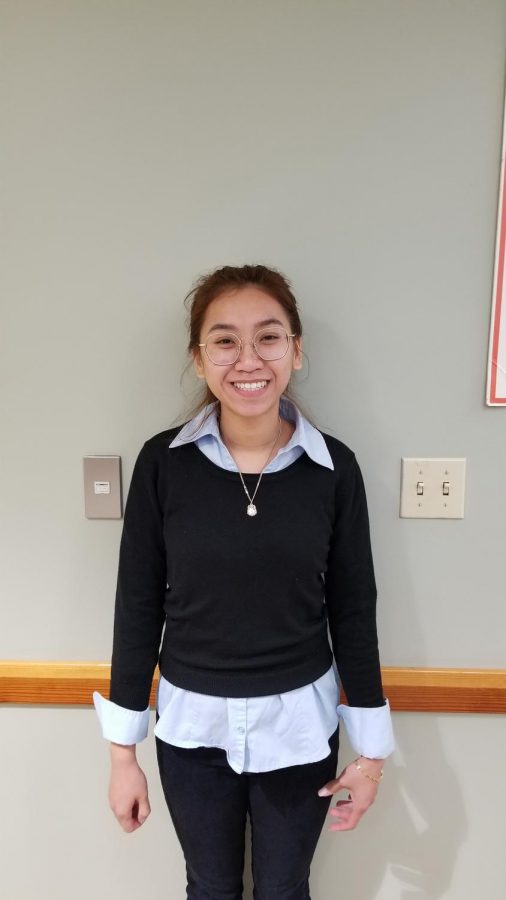“We have an issue here around addressing people showing up fully as they’re in the industry,“ said Toni Vanwinkle, senior director of service management, Adobe.
The Silicon Valley is trying to solve one of its oldest bugs, diversity. For the past 20 years, the tech industry has been trying to intergrate more minorities into the engineering field in order to prompt gender equality in the future.
“Code: Debugging The Gender Gap” is a documentary film, directed by Robin Hauser Reynolds that highlights the absence of American female and minorities entering engineering field.
The film was released in 2015, and was Tribeca Film Festival nominee when it premiered. In the film, Reynolds highlights the battle for gender equality, workplace, to computer science classes.
The Bureau of Labor Statistics predicts that by 2020, 1.4 million jobs will be created, however minorities are only expected to get three percent.
The documentary point to the lack of computer science education taught in middle schools and high schools in the United States. In 2013, 9 out of 10 high schools didn’t support computer science classes. Additionally in 33 of 50 states, computer science classes do not count towards high school math or science graduation requirements (Code: Debugging The Gender Gap).
Because of this many Silicon Valley companies have been male minded and driven. Apple, Twitter, Google, and Facebook 80 % percent men making the pipeline for woman to rise in the field harder in the field. The other consequence was that their woman’s issues are not brought to the table during the design process.
When the first air bag was installed and designed, carmakers always insisted on using male crash-test dummies. Since females are usually shorter and many women died when car accident occurred. In 2011 model-year vehicles, federal regulators required automakers to use petite female crash dummies in frontal automotive crash tests, but the damage was already done.
After the film was over, a panel consisting of Gretchen Walker, Jim Brisimitzis, Hannah Lewbel, Toni Vanwinkle and Carlos Inda discussed the themes behind the film. Brisimitzis, general manager of U.S Startups at Microsoft, was happy about the improvement he has seen, and wants to make a difference.
“50 percent of my team are females (11 members)” Brisimitzis said . “What I love about why they bring to the table is they’re versatile. They challenge the norms and they’re interested about how we, Microsoft, interact with our community, which we frankly fallen behind on. It’s enjoyable watching that interaction take a new direction.”
Dr. Byron Breland, president of San Jose City College, see’s an opportunity to get ahead of the issue regarding gender equality and allow individuals to be trained to compete for jobs.
“Many of the Code Academies out there right now cost 15 to 20 thousand to go through a fifteen-week course. We’re preparing at San Jose City College to create a training program that should open this fall that will allow folks to receive through a clear pipeline coming through a unified school district, or for folks that have been displaced. How do we create pathways to success? Give people financial needs to access and the support to be successful.
While San Jose City College is starting to lay the groundwork, discussing the issue is still a problem in some workplace environments. Hannah Lewbel, Founder of Lewbel Consultancy, teaching genders at birth that they can work together and corporate and communicate is really important.
“My son’s favorite color is pink and when he was in preschool he came home one day and he said, ‘Mommy pink is a girl color’. And I said do you like pink? And he said, ‘yeah’. And I said, ‘pink is just a color. People might tease you and people might not be okay with you” Lewbel said. “Today he still wears pink and he’s turning seven this month,’” said Lewbel.

